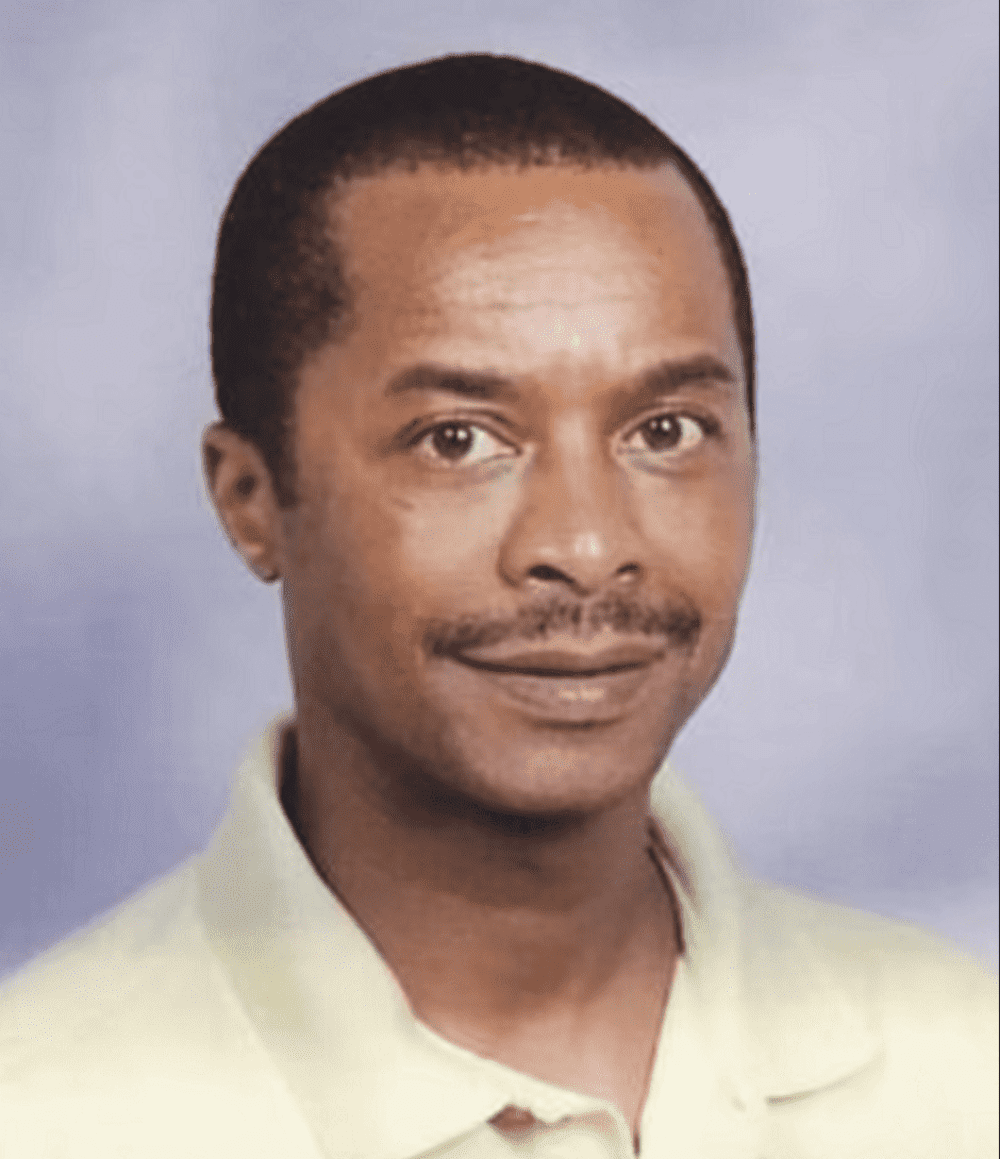Was Florida Inmate Craig Ridley Stomped by Guards Before He Died?

The killing of Craig Ridley was shocking: In 2017 the Florida prison inmate was beaten by two corrections officers, paralyzed, misdiagnosed, and placed in solitary confinement where he couldn’t move to eat or go to the bathroom for days. Officers claimed Ridley was faking paralysis; he eventually died in a hospital from sepsis as a result of being left untreated.
Following a Florida Department of Law Enforcement investigation of Ridley’s death at the Reception and Medical Center in Lake Butler, state prosecutors declined to file charges against the two officers, who testified they had to forcibly restrain Ridley by pushing him to the floor after he assaulted one of them.
But now a newly released medical report commissioned by Ridley’s family found evidence he was paralyzed after a repeated “stomping” motion on his neck. Neither of the officers mentioned kicking Ridley in their statements. If accurate, that information might have influenced the decision whether to file criminal charges against the officers, according to a lawyer representing Ridley’s family.
“That level of intentionality, especially since the officers didn’t mention a kick, creates a whole new picture of the death and might have influenced prosecutors to consider filing charges against the officers,” James Cook, the family’s attorney, told the Florida Trident in an email.
A spokesperson for the Eighth Judicial Circuit declined comment on the case, which was first reported by the Miami Herald in 2022.
According to the two officers’ statements, sometime after 3 a.m. Ridley struck corrections officer Sgt. John Nettles who was reprimanding him for being disrespectful. Nettles told investigators he grabbed Ridley in a bearhug. Another officer, Capt. William Jerrels, said he saw the altercation and rushed over to assist. Jerrels said he also grabbed Ridley and tackled him to the ground. The officers kneeled on Ridley’s back and neck while they put his arms behind his back to handcuff him. Ridley’s injuries resulted from this “takedown,” corrections officials told investigators.
But a new “Expert Rebuttal Report” by a forensic pathologist hired by Ridley’s family in their civil lawsuit against the Department of Corrections, the two officers and the medical staff, contradicts that account. The pathologist, Dr. Kris Sperry, determined the blow that paralyzed Ridley was likely delivered by “stomping” on his neck with a boot.
“The anatomic locations of the multiple areas of localized injury found during the autopsy reveal that the force which disrupted and dislocated the cervical spinal column … was directed to the back of the neck while Mr. Ridley was laying on a hard and relatively unyielding surface, in the prone (face down) position and is completely consistent with a rapid “stomping” motion from a shod foot being applied to the back of his neck,” wrote Sperry, who was Georgia’s Chief Medical Examiner until retiring in 2015.
Sperry examined records from the Jacksonville Medical Examiner’s Office, the Florida Department of Corrections, and the hospital where Ridley died, including x-rays, MRIs and photographs, for the analysis.
The Jacksonville Medical Examiner’s Office, which did not respond to a request for comment, never mentioned evidence of a kick after examining Ridley’s body. That was likely because a “necrotic mass obscured the true traumatic nature of the pathology in the lower cervical spine,” Sperry wrote, referring to a mass of dead tissue around the spine.
Both officers said they had not interacted with Ridley prior to the incident. But Ridley had been having issues with officers at the prison. Hours before the beating Ridley had called his sister and told her he was worried for his safety after filing a grievance against an officer, not believed to be either Jerrels or Nettles.
It would be their last conversation.
